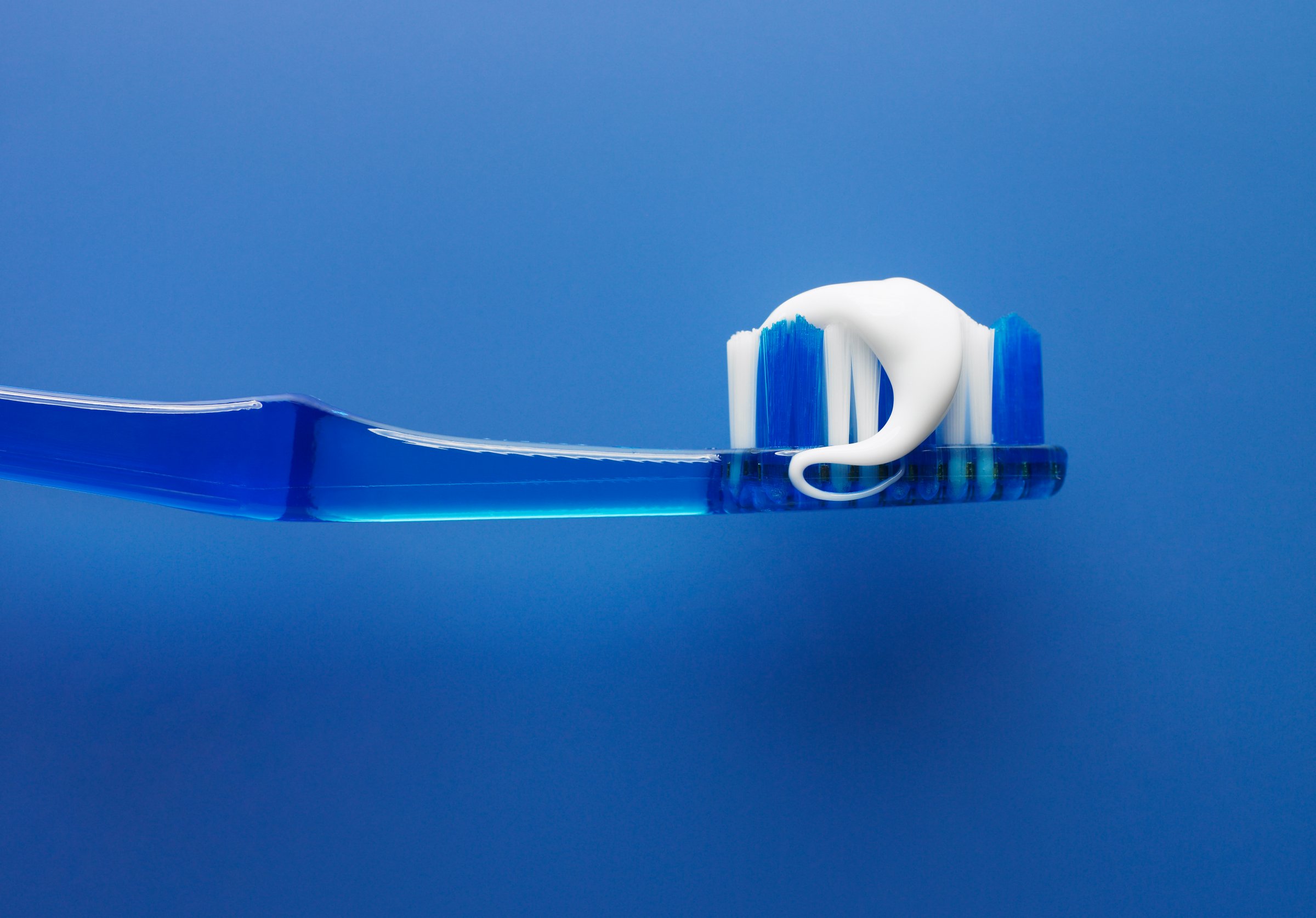
Do you wake up in the morning feeling like you’ve barely slept? According to a recent CDC study, one in three Americans don’t get the National Sleep Foundation’s recommended seven or more hours of sleep. And even if you’re clocking eight or nine a night, those hours might not be worth their full potential—mistakes you’re making right before hitting the sheets could be sabotaging your shuteye. Ready to start a more beneficial bedtime routine? Here, five habits that can keep you from getting the Zzs you need.
1. You drink alcohol.
A nightcap might make you feel snoozy initially, but it’s not doing any favors for your sleep quality. According to a January 2015 study from the University of Melbourne’s Sleep Research Laboratory, drinking before sleeping can help you to fall asleep quicker, but then significantly disrupts and alters sleep quality later in the night.
2. You read on your iPad.
Research shows reading from light-emitting electronic devices like tablets before bed can mess up your circadian clock and have an impact on your overall health and daytime alertness. So if you’re going to read before bed (and that’s a good idea!), make sure you’re using a printed book or a non-light-emitting e-reader.
3. You drink caffeine too late.
So this one probably sounds obvious—you shouldn’t down a latte right before bed. But what might be more surprising is that you should probably be tapering off earlier than you’d think. In a University of Colorado at Boulder study, drinking a double espresso three hours before bedtime caused a 40-minute delay in participants’ internal clocks. Other research suggests that people should cut off caffeine consumption at least six hours before bedtime. Consider making that after-lunch coffee your last one for the day to ensure its totally out of your system come bedtime.
4. You check your social media accounts.
Even if you’re not posting from your bed, your Instagram addiction might affect your sleep quality. Researchers from the University of Pittsburgh School of Medicine found that young adults (ages 19 to 32) who spent the most time on social media were twice as likely to have sleep disturbance than their less-obsessed peers.
5. You snack on foods with high amounts of saturated fat and sugar.
Indulging in a slice of cheesecake might be a nice treat every once and a while, but making it your nightly dessert could wreak havoc on your sleep. A 2016 study from the American Academy of Sleep Medicine showed that greater saturated fat and sugar intake was linked to less restorative, disrupted sleep. One thing that could boost your Zzs? A diet high in fiber, according to the findings.
This article originally appeared on RealSimple.com
More Must-Reads from TIME
- Cybersecurity Experts Are Sounding the Alarm on DOGE
- Meet the 2025 Women of the Year
- The Harsh Truth About Disability Inclusion
- Why Do More Young Adults Have Cancer?
- Colman Domingo Leads With Radical Love
- How to Get Better at Doing Things Alone
- Michelle Zauner Stares Down the Darkness
Contact us at letters@time.com